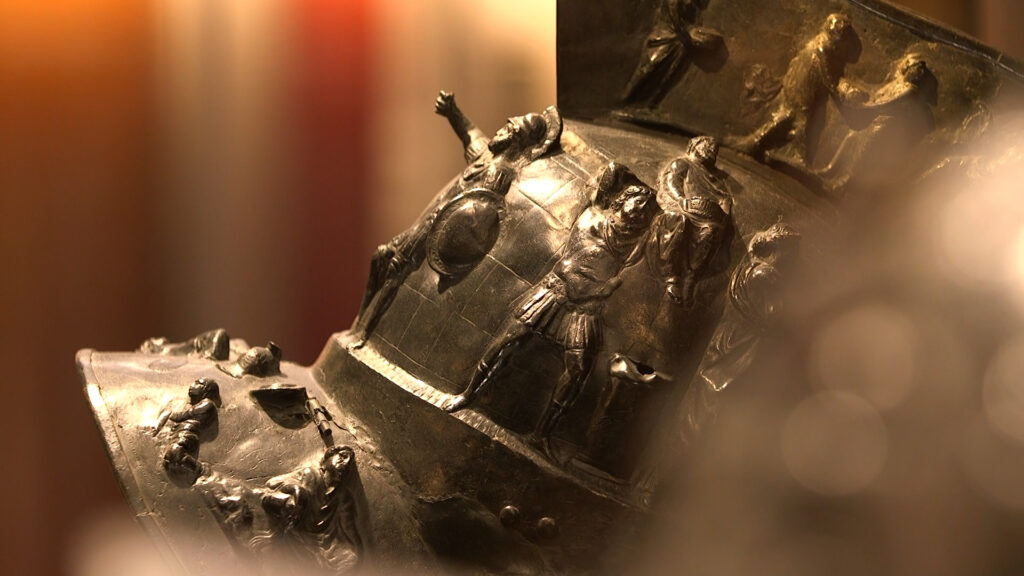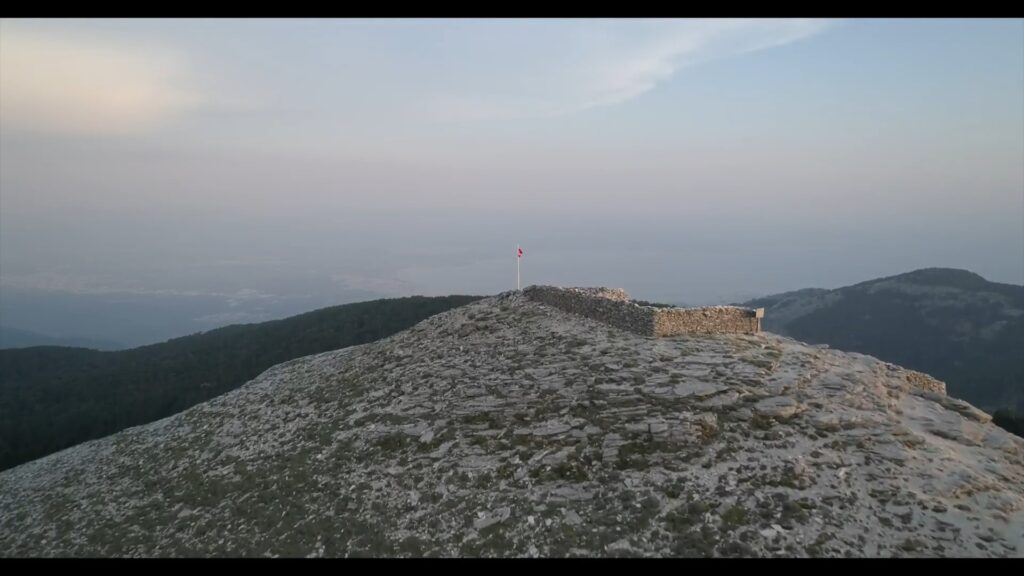ALTERNATING EMOTIONS
Aeneas: war, family, anger, and hope
ALTERNATING EMOTIONS
Aeneas’s adventure, his long wanderings to give the Trojans a new homeland after the destruction of the city of Troy, is driven by family affection in a difficult seesaw of feelings and passions that motivate the actions of the protagonist of the Aeneid. Virgil illustrates this alternation of emotions in Book II, when Aeneas, a guest in the palace of Carthage after the Trojan fleet is shipwrecked, tells Dido about the destruction of the City and the horrors of the last night.
Aeneas has just seen Pyrrhus, son of Achilles, but far more cruel and less valiant than his parent, kill Polites, one of Priam’s sons, before his father’s distraught eyes. Priam despairs and also awaits death at the hands of Pyrrhus.
Faced with the horror of war and hatred, the death of the elderly Priam and his young son, Aeneas decides to save his family. But Anchises does not want to survive the destruction of the city. Anchises, the oldest man in the house, wants to stay and wait for death. But Aeneas will not leave without his father. So there he is, unwilling to part and abandon Anchises, ready to meet with death himself by throwing himself at the enemy. The cruel thought of punishing Helen also flashes through his mind. This is the moment of despair and anger, the moment that precedes the loss of himself, the possible end of Aeneas’ family, the end of everything.

Creusa, Aeneas’ wife and mother of the young Ascanius, then intervenes. She appears before Aeneas and hands him her son. “If you are going to die, take us with you to that fate” (II,675).
There is another possibility, which Aeneas, blinded by grief, could no longer see. Creusa again: “But if you still think you have hope in arms, defend your home first. To whom do you want to abandon little Iulus [Ascanius’ middle name], your father and myself, who was your wife?” (II, 676-678).
A miracle appears at Creusa’s invocation: it is the miracle of the light of hope that illuminates the hearts and minds of men.
“On Iulus’ head, a thin tongue of fire seems to shine with light and harmlessly laps his soft hair with flame, burning around his temples ‘ (II, 681-684).

© Photo by Cristofer Maximilian on Unsplash
Anchises understands the meaning of the prodigy and asks Jupiter to confirm the luminous omen.
After his words the crash of thunder is heard and ‘tracing a bright furrow, falling from the sky, a star runs through the darkness, touching the top of the roof. We see it disappear with a glow into the forest of Mount Ida, showing us a way” (II, 692-696).

The journey to a new homeland, which will lead Aeneas to the coast of Latium, and the Trojans to establish a great kingdom stretching from the eastern Mediterranean to Spain and from the coast of Africa to England, is founded on Creusa’s fortitude, Anchises’ wisdom, and the light of hope.


